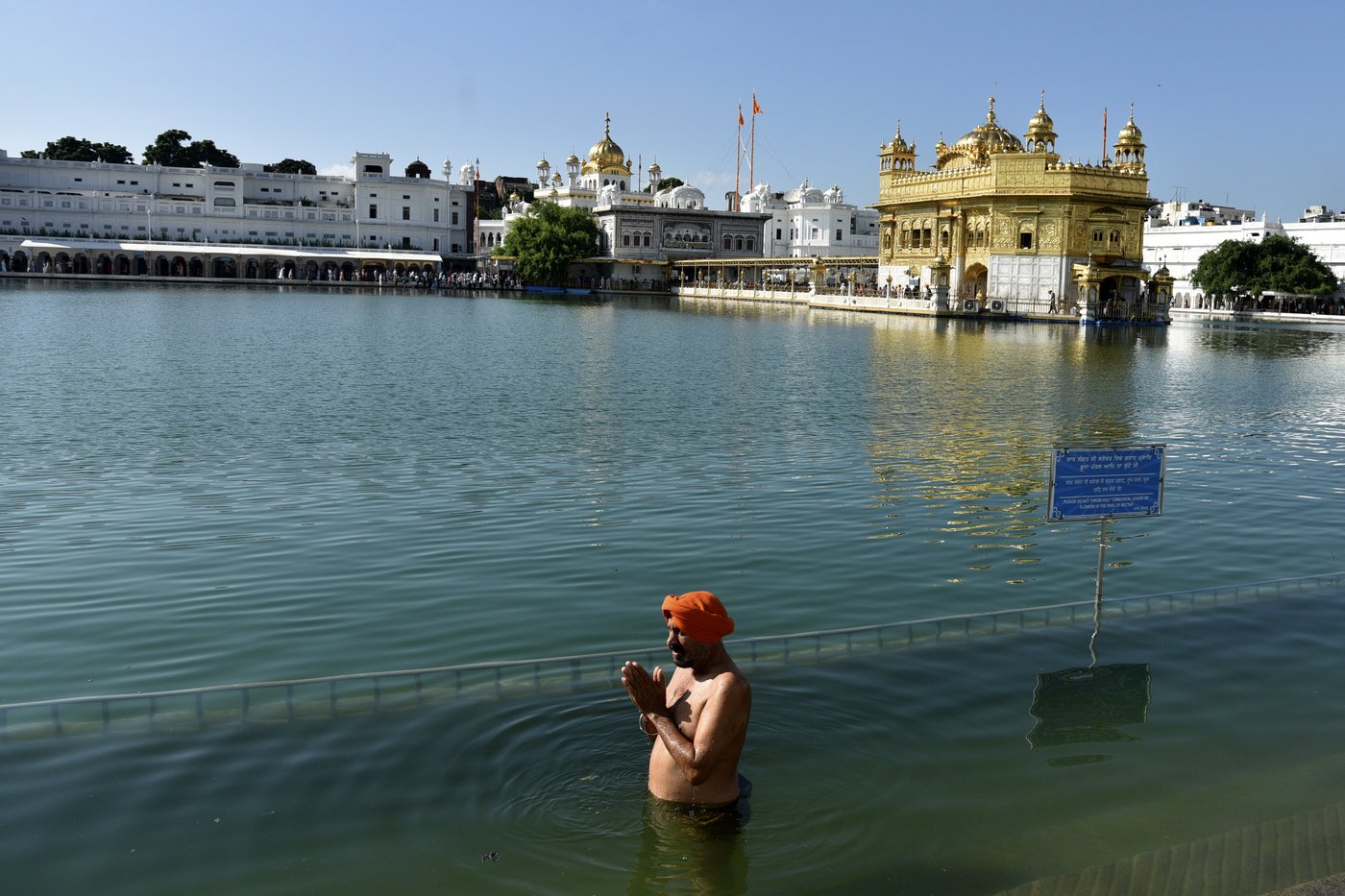As tensions escalate between India and Canada, some in the Indian diaspora say they’re concerned about how the situation might affect travel between the two countries.
The federal government expelled six Indian diplomats on Monday after the RCMP said it had credible evidence that Indian agents played a role in violent crimes on Canadian soil, including extortion, coercion and murder of Canadian citizens.
India insists it has not been given evidence of any government involvement in crimes in Canada, and it has ordered six Canadian diplomats to leave.
Fazle Baki, president of the South Asian Centre of Windsor in southwestern Ontario, said that many community members he’s spoken to – particularly families and students – have expressed concern about their ability to travel between India and Canada if the conflict escalates to visa suspensions.
“They’re tense, they’re concerned, they’re frustrated with the lack of information and they’re looking for guidance,” he said in a phone interview.
In September of last year, India temporarily suspended visa services for Canadian citizens after Canada said there were “credible allegations” of Indian involvement in the killing of Sikh community leader Hardeep Singh Nijjar in British Columbia.
In late October of last year, India began easing those visa restrictions, resuming business, medical and conference visas, as well as entry for people with family ties in India. That entry visa was restricted to “persons of Indian origin” or their spouses or children, sparking uproar from some Canadians who were unable to visit relatives in India. Restrictions that had remained in place for tourists, students and certain other groups were eased in November last year.
Baki said many members of his community feel on edge because of the tense diplomatic relationship and its latest developments, and they hope to have clarity soon on whether it could impact securing and processing visas.
“Winter is coming up and people have travel plans … moreover, students are planning from India to join Canadian universities,” he said. “There’s uncertainties everywhere.”
Khursheed Ahmed, president of the South Asian Heritage Association of Hamilton and Region, had similar concerns, noting that Diwali and wedding season in India are approaching at the end of the month. A sudden visa suspension similar to last year’s would cause “anxieties,” he said.
“October, November is the festive time in India,” he said. “There are lots of family weddings and a lot of people travel, so they will definitely be very inconvenienced.”
Rama Singh, a retired McMaster University professor and co-chair of Hamilton’s annual Gandhi Peace Festival, has what’s known as an OCI card, which allows unlimited entry to India for “persons of Indian origin,” including adults who were previously Indian citizens or have parents who were Indian citizens.
But the Ancaster-Ont. resident said he’s still worried about his upcoming travel next month to India.
“I’m concerned that I have bought tickets, and I would like to know soon which way things are moving,” he said.
This week’s expulsion of Indian diplomats from Canada comes after more than a year of rising tensions between the two countries, which came to a head after Nijjar’s death in June 2023.
What followed were several months of strained diplomatic relations, including a tense exchange between Prime Minister Justin Trudeau and Indian Prime Minister Narendra Modi on the sidelines of the G20 summit, Canada postponing a trade mission to India, and both countries expelling top diplomats.
Monday saw Trudeau accusing New Delhi of trying to undermine Canadian institutions instead of helping resolve the criminal cases being investigated by the RCMP.
New Delhi has rejected the criminal allegations, calling the Canadian government’s claims preposterous.
Ahmed said he would like to see the situation settled “through dialogue,” calling the diplomat expulsions earlier this week “a drastic step.” Everyday Canadians and Indians are the ones who have to deal with the fallout from such tensions, he said.
“Any visitors who go from here to India and vice versa always have a very positive outlook for both countries,” he said. “So between people, there’s no problem, it’s just the governments and political systems who are affecting our lives.”
Amid the growing fractures in the countries’ relationship, Singh said it’s important to remember how Indians have contributed to Canada’s social fabric, and the relationships created in local communities. The large Indian diaspora in Canada isn’t going to go anywhere, he said.
“I think India and Canada’s relations are solid and long term, and will remain,” he said.
This report by The Canadian Press was first published Oct. 17, 2024.
Rianna Lim, The Canadian Press







